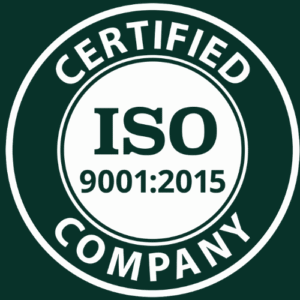Demat of Shares
Dematerialisation of shares, or Demat, has replaced bulky physical share certificates with secure electronic records, offering investors a safer and more convenient way to hold securities in India. By converting physical shares into digital form through a Demat Account with depositories like NSDL or CDSL, this system eliminates risks of loss, theft, or damage while enabling seamless buying, selling, transferring, and even gifting of shares with just a few clicks. Driven by SEBI’s mandate, demat is now compulsory for all listed companies and increasingly applicable to unlisted public and certain private companies, making it an essential compliance requirement that ensures transparency, efficiency, and security for both investors and businesses.
- Dematerialisation Request Form (DRF) – obtained from your DP
- Original physical share certificates
- Client Master List (CML) from your DP (proof of Demat account details)
- PAN card (self-attested copy)
- Aadhaar card or valid address proof (self-attested copy)
- Latest passport-size photographs (if required by DP)
- Open a Demat Account
- Fill the DRF
- Surrender physical share certificates
- Verification by DP and forward the request to the Registrar & Transfer Agent (RTA) of the company.
- Shares will be credited electronically upon verification
- Receive a confirmation from your DP
Yes, as per SEBI guidelines, most share transactions require holdings in Demat form.
The shareholder must apply for a duplicate share certificate with the company and follow the due process before demat can be done. The company will verify the loss and issue a duplicate certificate for dematerialisation.
Two main depositories handle demat accounts in India: NSDL (National Securities Depository Limited) and CDSL (Central Depository Services Limited).
Yes, shares of private limited companies except small companies must be dematerialised by the prescribed deadline. They must issue and transfer shares only in dematerialised form going forward.
ISIN (International Securities Identification Number) is a unique code that identifies a company’s securities globally and is necessary for dematerialisation.
After dematerialisation, the original physical share certificates are surrendered to the company or the Depository Participant and are cancelled. Share ownership is then recorded electronically in the demat account.

